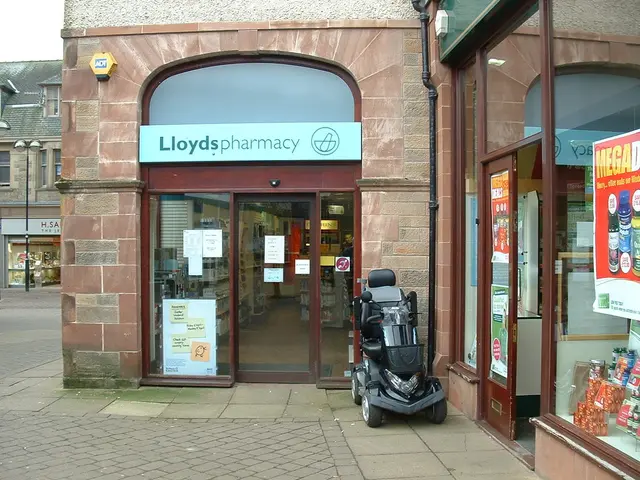Vaccination against shingles could potentially decrease the risk of heart disease by as much as eight years.
Shingles Vaccine Offers Extra Heart Benefits: New Study
Are you 50 or older? You might want to consider getting vaccinated against shingles, a reactivation of the chickenpox virus. But did you know that the shingles vaccine could lower your risk of heart disease too?
A new study from South Korea reveals that people who receive the shingles vaccine have a 23% lower risk of cardiovascular events for up to eight years post-vaccination. These events include heart failure, stroke, and coronary heart disease.
The study, led by Dr. Sooji Lee, analyzed medical data from over 1.2 million adults in South Korea, determining who received the live zoster vaccine for shingles. Results showed that those who got the vaccine had a lower chance of experiencing any cardiovascular events, as well as a lower risk for major events like stroke, heart attack, or death from heart disease.
The findings were published in the European Heart Journal.
The Vaccine's Heart-Related Protection
Researchers believe that shingles can trigger inflammation in blood vessels, potentially leading to heart problems. By preventing shingles infections, the vaccine likely reduces this inflammatory response, thus lowering the risk of heart disease.
Why the Long-Term Benefits?
The research team found that the cardiovascular protective effects of the shingles vaccine last for up to eight years, with the strongest protection occurring in the first two to three years after receiving the vaccine. Given that recombinant shingles vaccines are now more widely used and have shown higher effectiveness, further study of these vaccines' potential impact on cardiovascular outcomes is needed.
"The finding that vaccination was associated with a 23% reduction in cardiovascular risk even in a previously healthy population highlights the potential of shingles vaccination as a preventive measure against heart disease," Lee said.
Experts stress that more research is required, particularly in other demographic groups, to confirm the findings' applicability to various populations.
In a press release, lead author Dong Keon Yon said, "For the first time, this has allowed us to examine the association between shingles vaccination and 18 different types of cardiovascular disease. We were able to account for various other health conditions, lifestyle factors, and socioeconomic status, making our findings more robust."
The Link Between Shingles and Heart Disease
The study bolsters the established connection between shingles and cardiovascular events. With the varicella-zoster virus causing both shingles and potential heart damage, the shingles vaccine can help reduce the health risks associated with this virus.
"Varicella-zoster, the virus that causes shingles, has been shown to increase inflammation, cause blood vessel damage, and increase clotting, all of which can lead to serious cardiovascular conditions such as heart attack, stroke, and heart failure," Dr. Cheng-Han Chen, a board-certified interventional cardiologist, commented.
- The shingles vaccine's heart-related protection might be due to its ability to reduce inflammation in blood vessels, potentially lowering the risk of other heart diseases.
- The study's findings suggest that the cardiovascular protective effects of the shingles vaccine last for up to eight years, with the strongest protection occurring in the first two to three years after vaccination.
- The study has allowed researchers to examine the association between shingles vaccination and 18 different types of cardiovascular disease, accounting for various other health conditions, lifestyle factors, and socioeconomic status.
- The new study confirms the established connection between shingles and cardiovascular events, highlighting the potential of the shingles vaccine as a preventive measure against heart disease.
- Dr. Sooji Lee, the lead researcher, believes that by preventing shingles infections, the vaccine likely reduces the inflammatory response, thus lowering the risk of heart disease.
- Experts stress the need for more research, particularly in different demographic groups, to confirm the findings' applicability to various populations.
- In addition to heart-related benefits, the shingles vaccine could offer extra protection against other chronic diseases like other heart diseases, as well as mental health issues and skin care concerns.
- The studies on the shingles vaccine's impact on cardiovascular health might open a new direction in workplace-wellness programs, considering the vaccine's potential benefits for employees' overall health-and-wellness, including fitness-and-exercise routines and nutrition plans.
- The use of CBD, a non-psychoactive compound found in cannabis, has shown potential in managing inflammation and pain associated with shingles outbreaks. In the long run, its application in the field of therapies-and-treatments could further enhance shingles prevention and treatment strategies.








